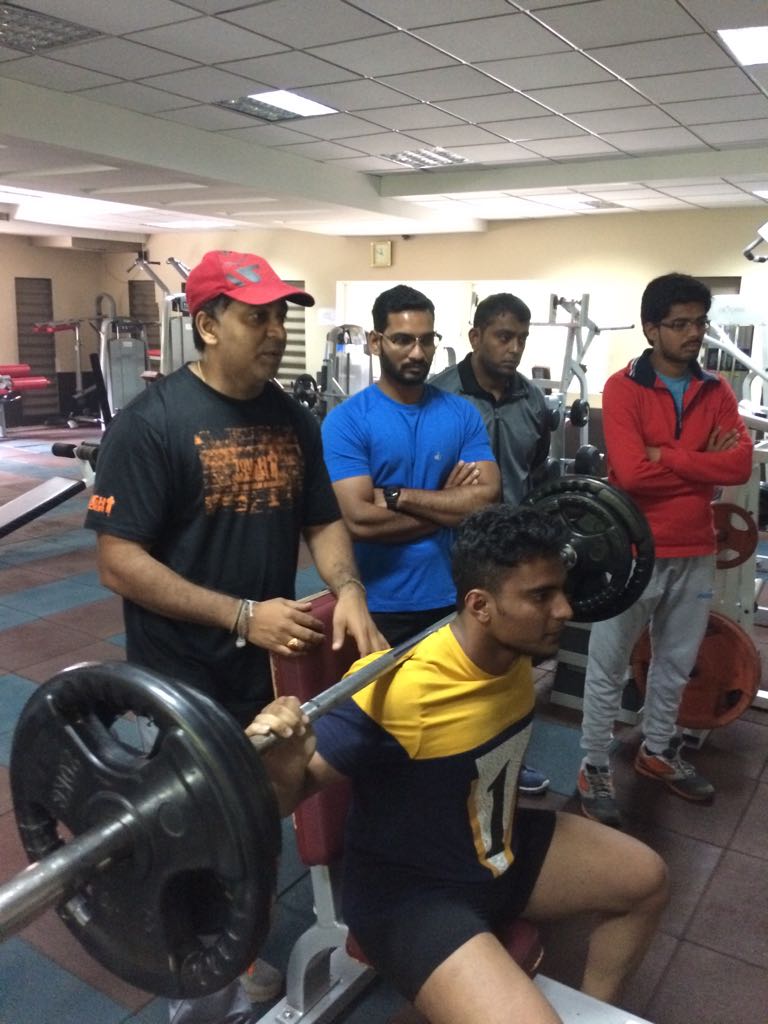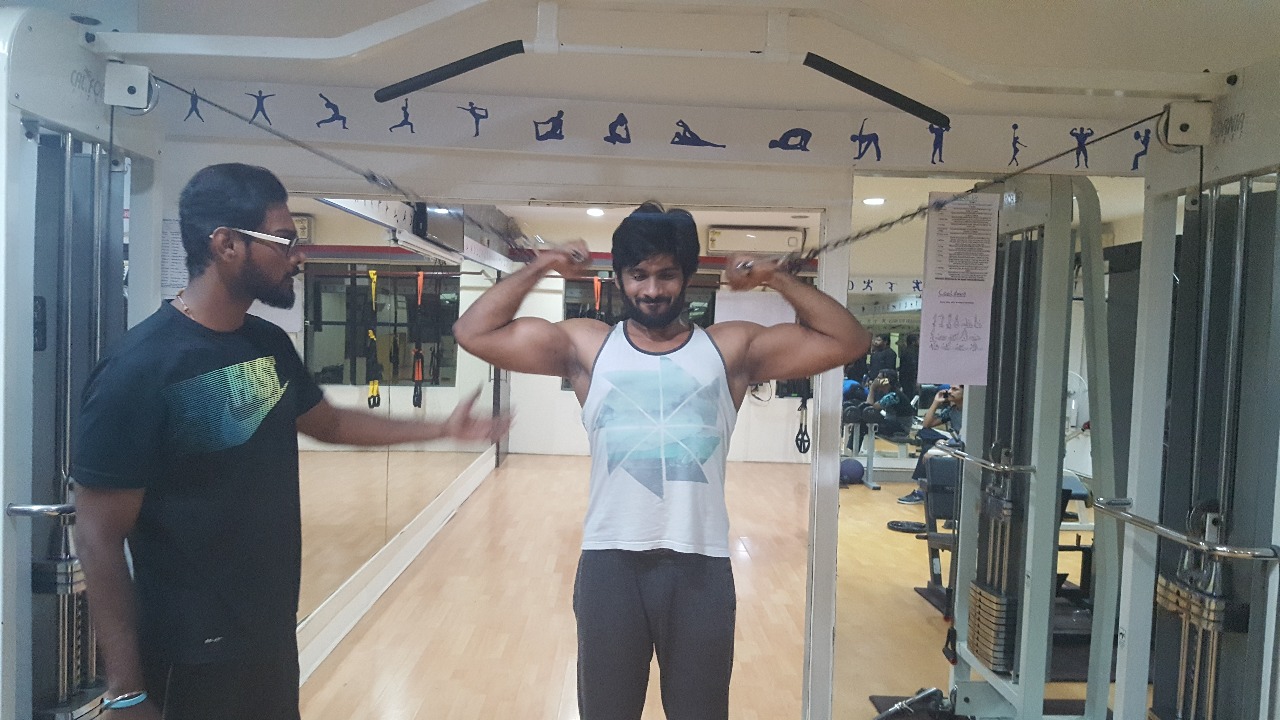THE TRUTH ABOUT BODYBUILDING GENETICS:
World-record deadlifter Andy Bolton squatted 500 and deadlifted 600 the very first time he tried the lifts.
Former Mr. Olympia Dorian Yates bench-pressed 315 pounds on his first attempt as a teen.
Metroflex Gym owner Brian Dobson tells the story of powerlifter and future Mr. Olympia Ronnie Coleman. He describes Ronnie’s enormous thighs with veins bulging through the spandex, despite the fact that Ronnie had never used an anabolic steroid at that time.
GENETICS: THE COLD HARD TRUTH:
This probably isn’t what you want to hear, but your progress is largely dependent on your genetics.
Recent research shows that some individuals respond very well to strength training, some barely respond, and some don’t respond at all. Some people don’t show any noticeable results. Researchers created the term “non-responders” for these individuals.
A landmark study by Hubal used 585 male and female human subjects and showed that twelve weeks of progressive dynamic exercise resulted in a shockingly wide range of responses.
The worst responders lost 2% of their muscle cross-sectional area and didn’t gain any strength whatsoever. The best responders increased muscle cross-sectional area by 59% and increased their 1RM strength by 250%. Keep in mind these individuals were subjected to the exact same training protocol.
The Hubal study isn’t the only study showing these types of results. Petrella showed that 16 weeks of progressive dynamic exercise involving 66 human subjects failed to yield any measurable hypertrophy in 26% of subjects.

THE IMPORTANCE OF BODYBUILDING GENETICS:
In the grand scheme of things, having great genetics gives most athletes a leg up on the competition. However, genetics in and of themselves are not enough to guarantee victory. By that, you still have to put in the work to realize the blessings of superior DNA as it relates to the stage and contest results! Typically, genetically gifted bodybuilders are rarely regarded as “hard workers” in the gym, basically because the “gains” seem to come easier for the gifted ones over the genetically impaired athletes.
Flex Wheeler has been highly regarded as one of, if not the most, genetically gifted bodybuilders in the history of the sport, right next to three-time Mr. Olympia Sergio Oliva, who was not similar to Flex on any posing comparison, but was equally impressive from every angle. Flex, like Sergio, had very small joints and full muscle bellies, yet differed from Sergio in that it was no secret that Flex in all his genetic blessings was highly regarded as one of, if not the laziest, bodybuilders of modern times when it came to “work ethic.” Still, he went on to win the majority of the contests he entered. The end result of what Flex Wheeler accomplished onstage was credited to his God-given genetics more than his hard work and dieting for competitions. He will attest to the fact that hardcore training was never something he enjoyed engaging in, leaving many of his counterparts to wonder if they could ever train hard enough to beat a guy like Flex. The record shows that most never did. Sergio Oliva, on the other hand, was known for having hardcore, drop-dead workouts with incredible effort dedicated to winning. His three Mr. Olympia titles back that up as fact! This leaves many to wonder, how do they compete against genetic wonders and stand a chance?
The fact is, on any given day in the sport of bodybuilding, anyone can be beaten, but only by those athletes who don’t buy into the fact that having great genetics is everything. While advantageous to the select few, they are only a formidable advantage if the athlete maximizes those gifts by paying attention to detail. History has shown that many “gifted” bodybuilders reap the lion’s share of the publicity. However, there is also a strong demand for the freaky big and crazy muscular bodybuilders to do well by way of crowd support and judges being fascinated by their extreme development. A few names come to mind in the form of the late Nasser El Sonbaty, Markus Ruhl and Jean-Pierre Fux from the ‘90s. These guys were all hugely muscular but not very gifted in the genetics department, and still excelled during the toughest decade of competition history!
In summation, if you’re a bodybuilder weighing your prospects of winning by quantifying your genetic blessings versus the muscle monsters, you’re already finished. It is the athlete that in spite of his genetic gifts trains hard, eats right and has a desire for greatness who the other competitors will struggle to beat. This athlete is most dangerous because he cares only about the final result of his efforts that are systematically put together to cancel any genetic advantage the other competitors may have over him. In the end, gifted genetics, while advantageous, do not ensure victory.

4 TIPS ON GENETICS AND BODYBUILDING
- DON’T MAKE WEIGHTLIFTING YOUR ENTIRE LIFE:
The truth is that only a very small percentage of bodybuilders will actually make their living from this sport. And most of the money they make will actually come from posing exhibitions and seminars, not prize money for winning titles.
If you’re a little obsessed with weightlifting, there’s really nothing wrong with that. Just don’t let this keep you from enjoying other aspects of your life.
- AVOID OVERTRAINING:
It’s easy to become overzealous and want to go to the gym every single day to work out. But this can actually do a lot more harm than good. All of us love to work out, but our bodies can only take so much and they do need time to recover.
Simply blaming your genetics for your inability to gain muscle mass is often a copout. Sometimes you need to take a closer look yourself and your training routine. Overtraining is often the culprit. For most people, working out three or four times a week for 45 minutes should be more than adequate to build muscle mass.
- TRY MIXING IT UP:
If your training routine has stopped giving you the results you’d like to see, then don’t blame you genetics. Instead, try mixing up your workout routine a little bit.
It’s actually a very good idea to change your workout routine every 4 to 6 weeks. This is because our bodies have a way of adapting very quickly. The truth is, your lack of progress in the gym may have nothing to do with limited genetics and have everything to do with your training variety.
- EDUCATE YOURSELF:
So maybe you do have limited genetics. Instead of feeling sorry for your poor genetics, try reading and learning as much as you can about weightlifting.
Go to the library and read books on muscle building. Try surfing the Internet and going to some popular forums for advice. And most importantly, after you have acquired some knowledge, you need to take action on what you’ve learned.
When it comes to genetics and bodybuilding, your true genetic potential is only a small part of what you can really achieve in bodybuilding and in life.


M.Chandrashekher Reddy (Shekher)
Director and Master Trainer – Fitlink Australia






